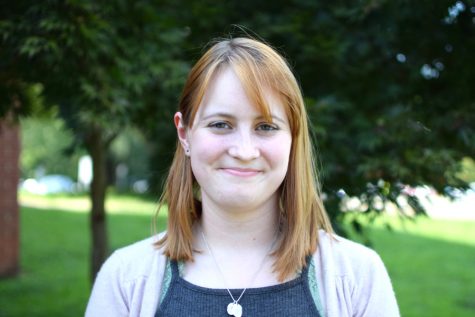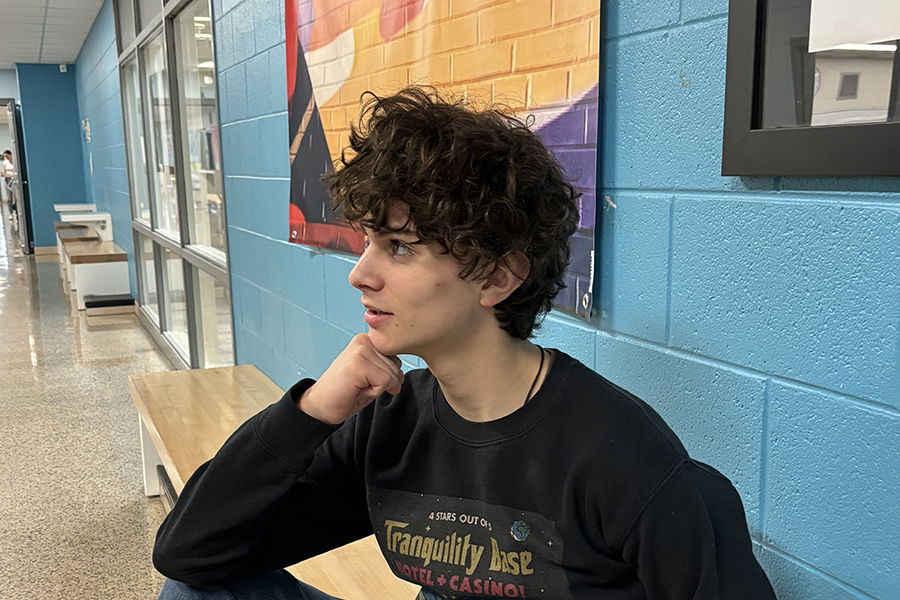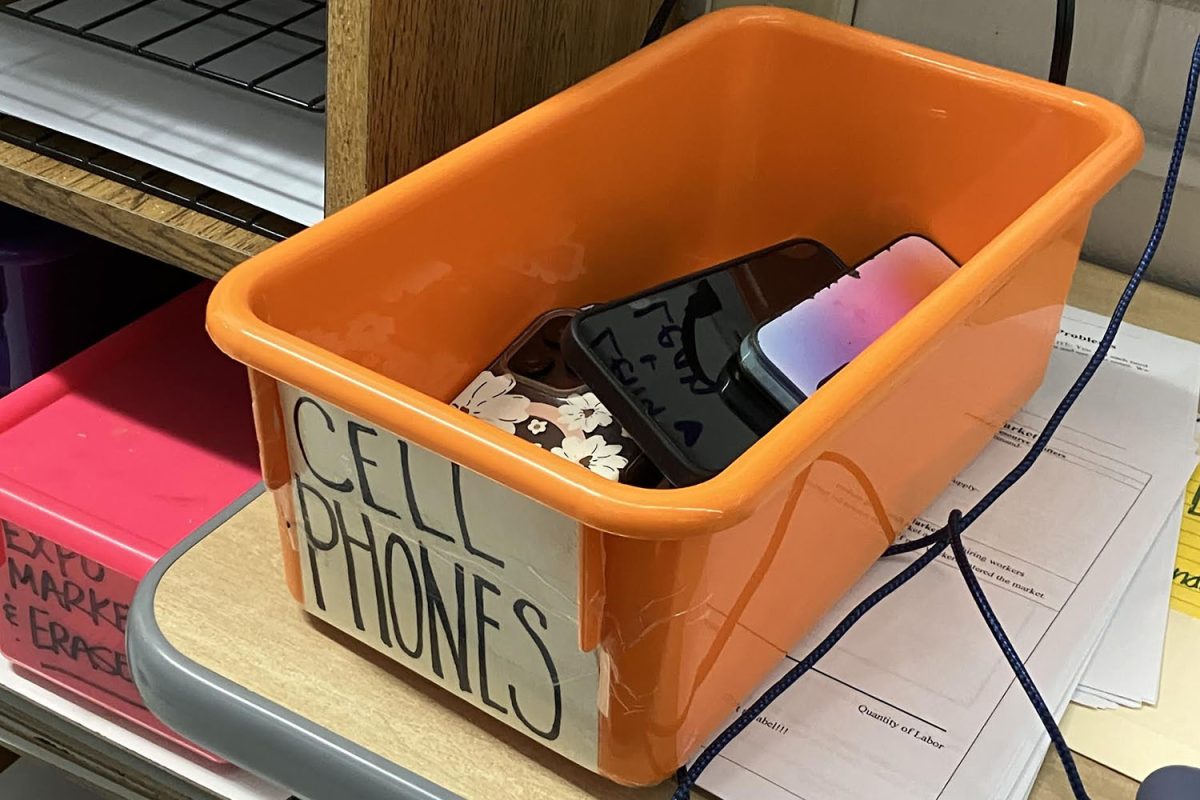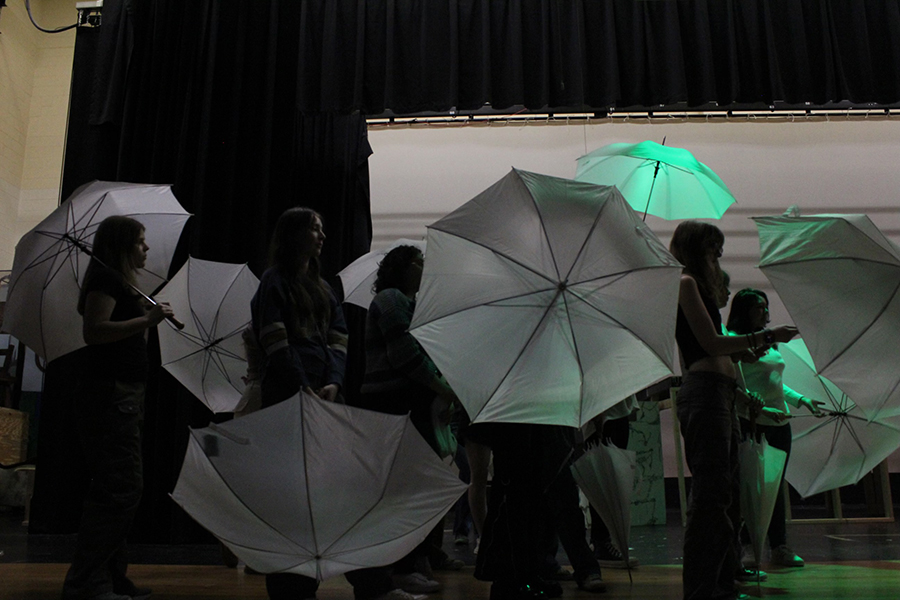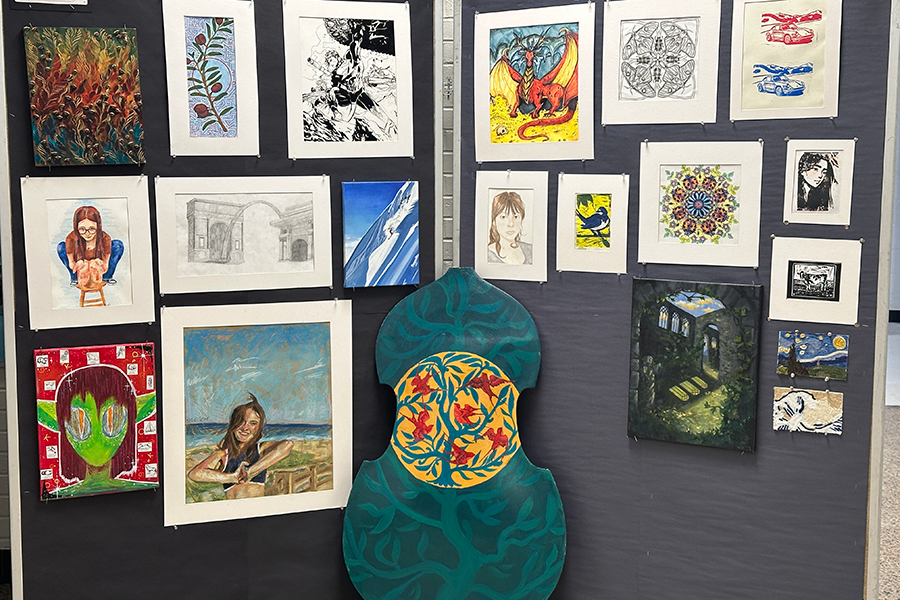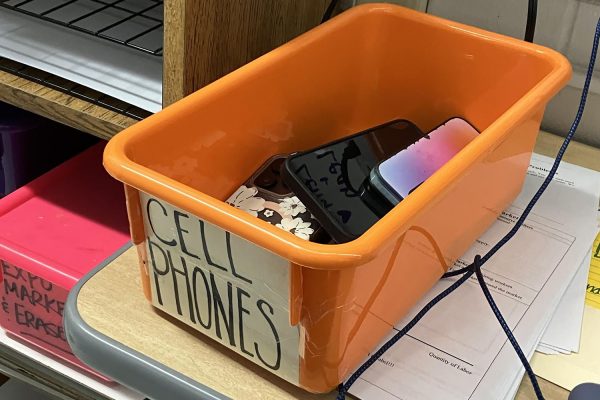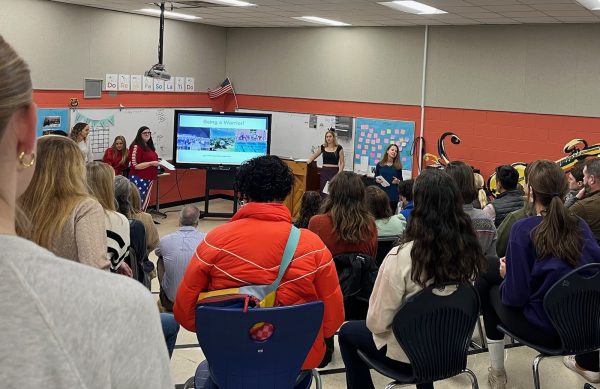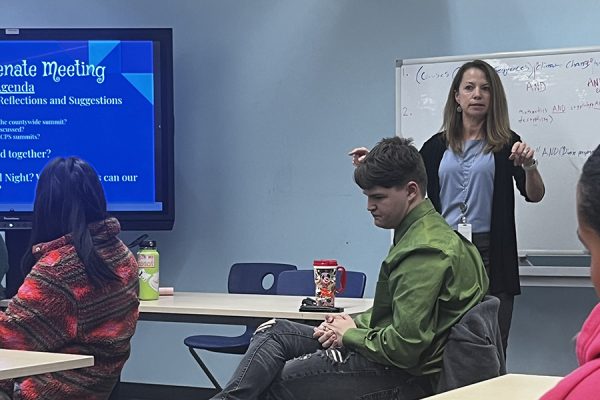AP vs. IB
Comparing the benefits of the two systems

Credit: Ros
March 9, 2020
Western offers a variety of AP classes which students can choose from, but AP is not the only system available for students wanting to take advanced or college level classes. One such other program, the International Baccalaureate (IB) Diploma Programme, is a two-year-long program for juniors and seniors. According to the IB website, the goal of the program is to “develop students who have excellent breadth and depth of knowledge.” The program covers 6 classes for students in the program and lasts two years. While Western does not plan to offer any IB classes, Murray High School has recently started to offer an IB program, which rising 9th and 11th graders can apply to attend.
Sarah Schuler, who now teaches AP United States History at Western, taught IB History before coming to Western. She explained that the IB system prioritizes depth of understanding of important subjects over general historical understanding by designating important units for students. Schuler said, “So, when I was teaching juniors, I did four units. I did Civil War and Reconstruction, Civil Rights Movement, World War II, and the Cold War and that’s it.”
She also explained the system for teaching IB for seniors, saying, “Senior year was a little less focused on American history and a little more world history focused. So, you only had to do two big topics, but they were bigger.”
Ms. Schuler enjoyed many aspects of teaching IB. “It was really cool being able to do deep dives into these either time periods or these special topics,” she said. “As a teacher it was great because you can go really in depth and you can incorporate a lot more source analysis as opposed to just lecture and read the textbook and memorize.”
Ms. Schuler also noted the difficulties of IB for students and teachers. Students can only take IB exams after two years of the program. “So you’re being tested on stuff you haven’t learned since your junior year, which can be awful,” she said. She added that all of the tests are entirely essays, which makes teaching IB difficult. She explained, “I’m never going to give my students a multiple choice test because that’s just not the reality of this program. So, it’s a lot of essay writing and grading and outlining and planning.”
In comparing IB and AP classes, Ms.Schuler said, “I think that me preparing my students to write an essay and analyze and use documents was more directly assessed by IB whereas AP is focusing more on document analysis and reading from a stimulus,” also adding that, “the IB curriculum tested in a way that was more depth of learning focused. So I kind of liked that as opposed to the wide, ‘you’ve just got to know from 1492 all the way up to actually 2008’, you’ve just got to be ready for all of that.”
Ms. Schuler also commented on the differences between the AP and IB programs, saying, “a huge difference between the two programs is that for AP you can take one AP class and just try it. IB is a diploma, it’s a program, it’s almost like a school within a school.” Schuler also explained the magnitude of an IB course. “You’re in it. It’s like jumping into the deep end. Whereas with AP, you can kind of try and test the waters a little bit.”
Charlie Sewell, a senior, prefers the AP system. “I feel like the AP system allows me more diversity of choice, and I don’t have to be committed to a two year program,” he said. “As a teenager, I’m not really sure what I want to do, and devoting two years of my high school career to a topic I might not enjoy does not seem very enjoyable or like a good use of my time.”
Alice Taylor, another senior, would prefer the IB system. Taylor said, “It’s more like studying a subject instead of covering material, which I think is really interesting. Since you get so much time with the topic, you get to learn so much surrounding that topic that you’re actually understanding something versus having a year where you have to just cover basic material and then move on.”
Senior Sydney Dell also prefers the IB system. “I’m really for it. I think you’ll be able to study things you like and learn a lot more about them and it’ll really prepare you for college more than what we do because you’ll actually know if you like it,” Dell said, “It still counts as much as an AP test but I think you’ll have a much deeper depth of knowledge and you’ll be more prepared.”



